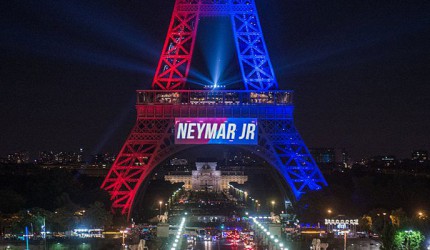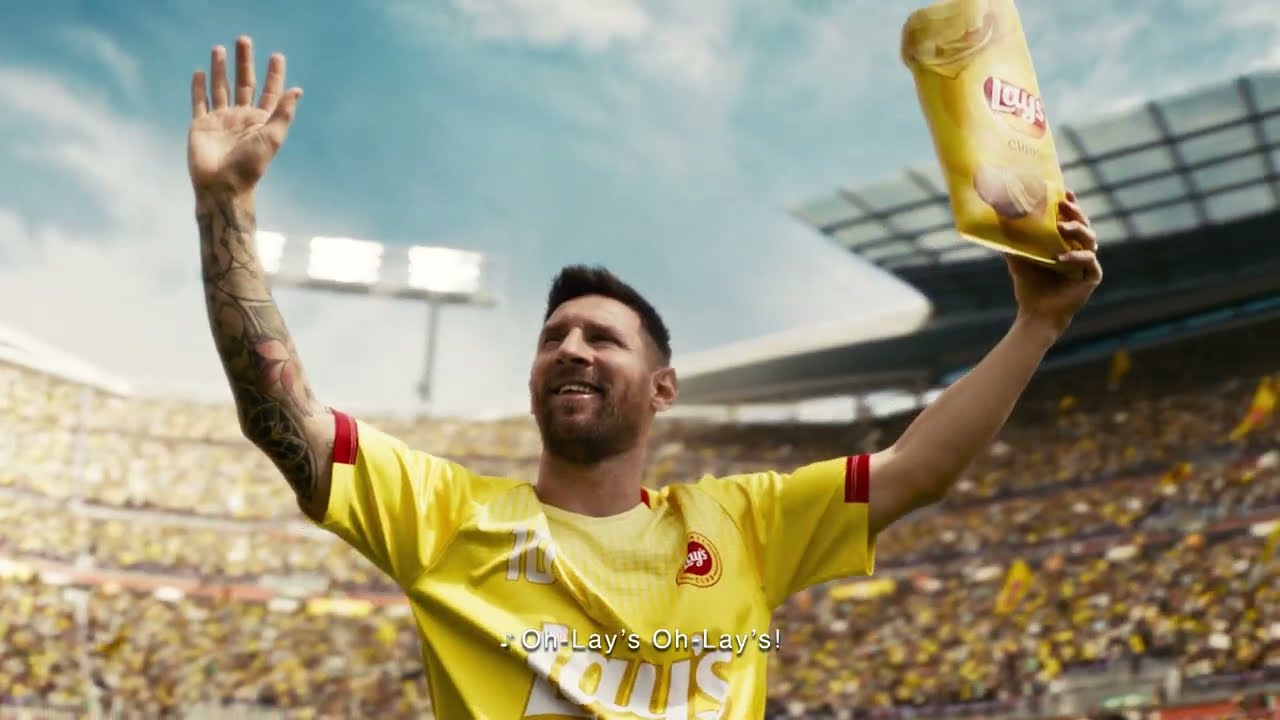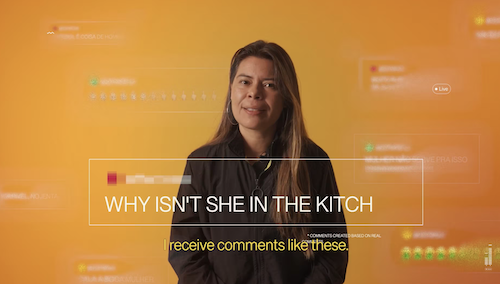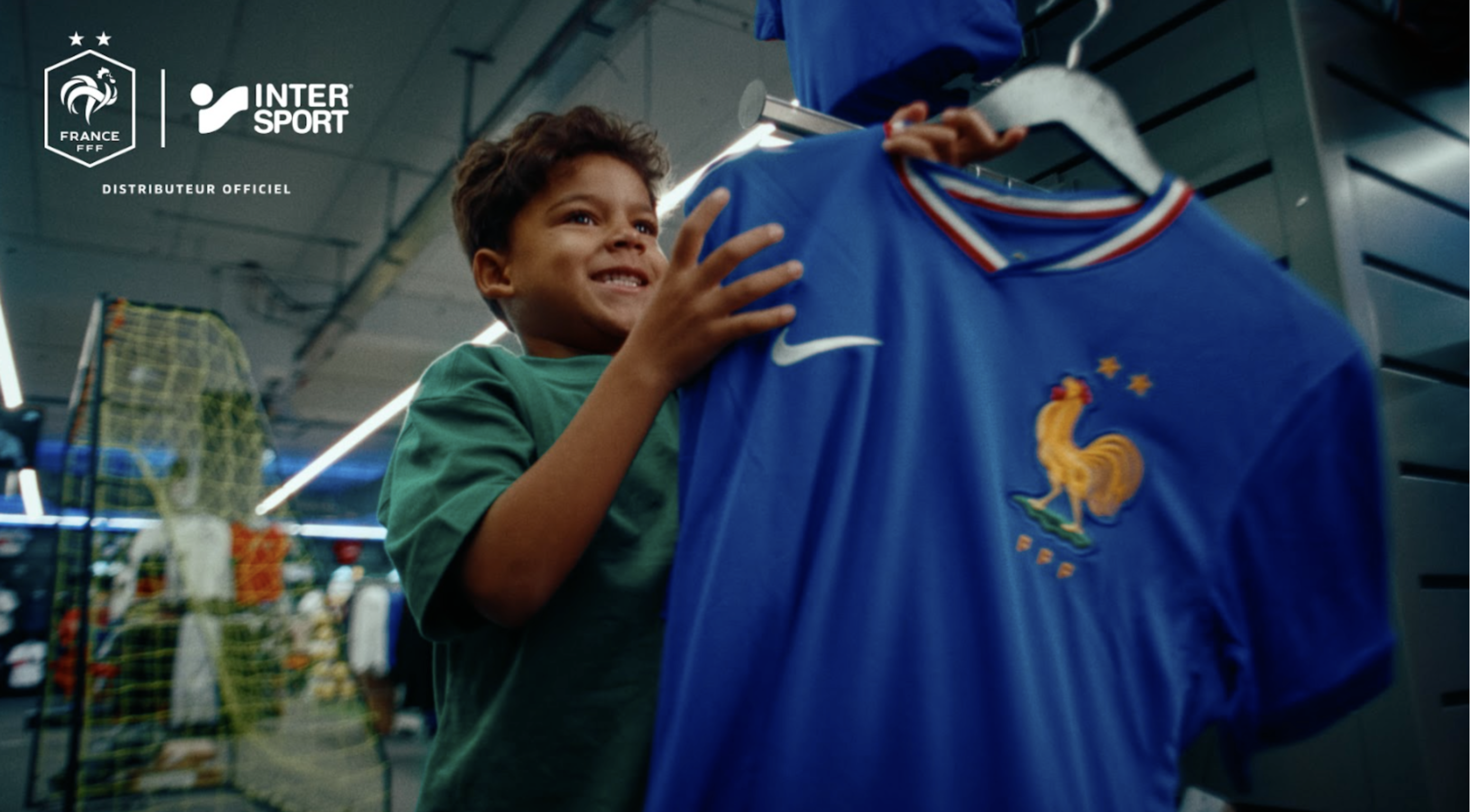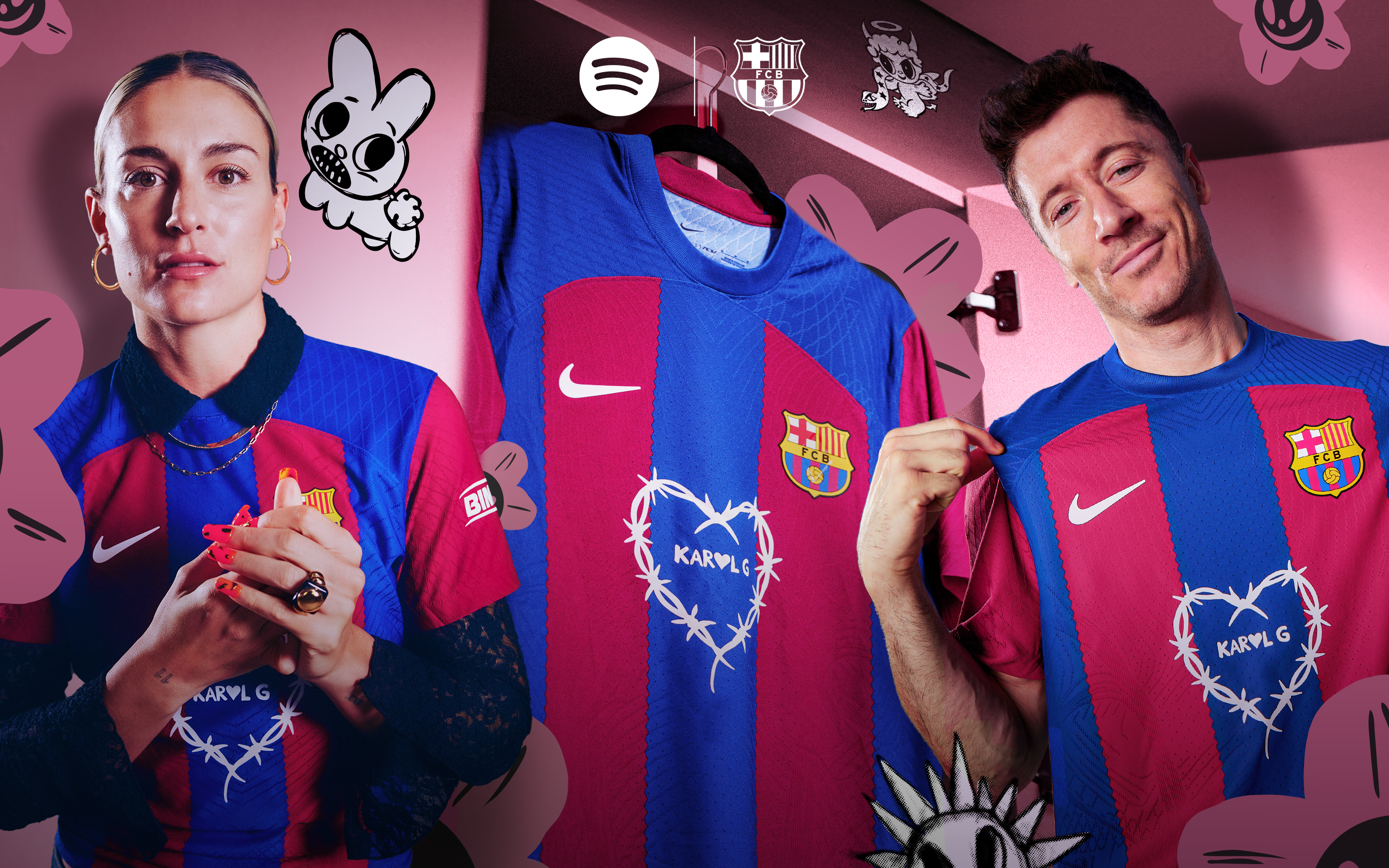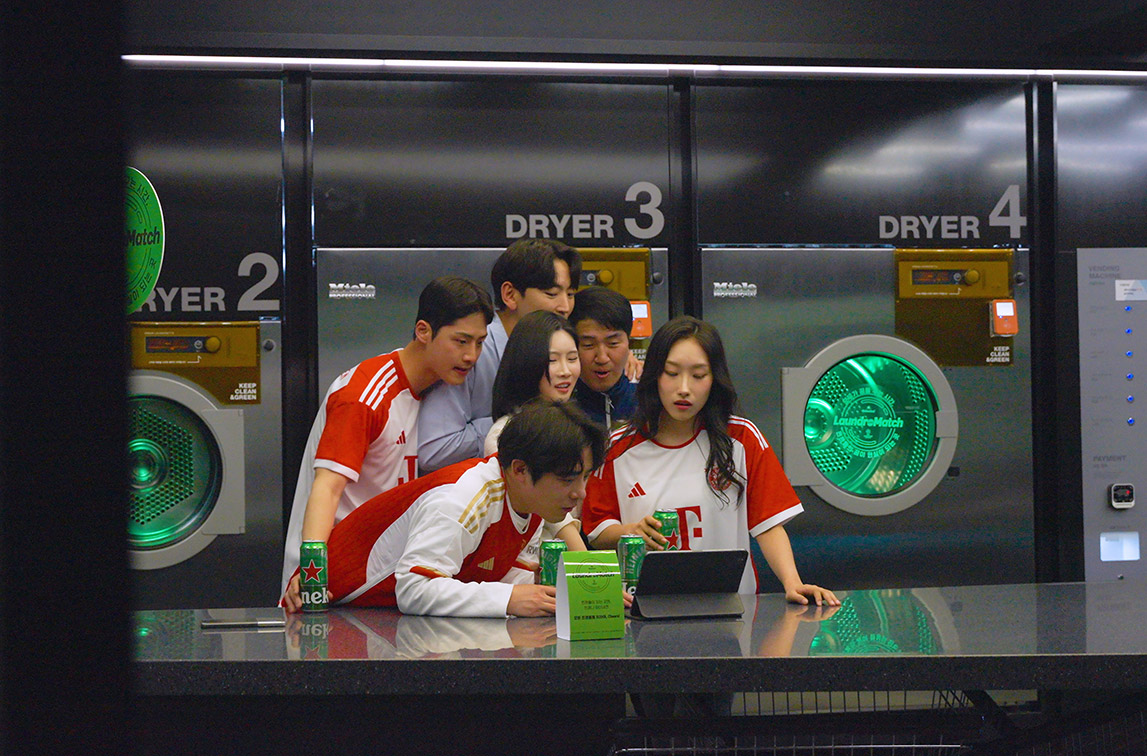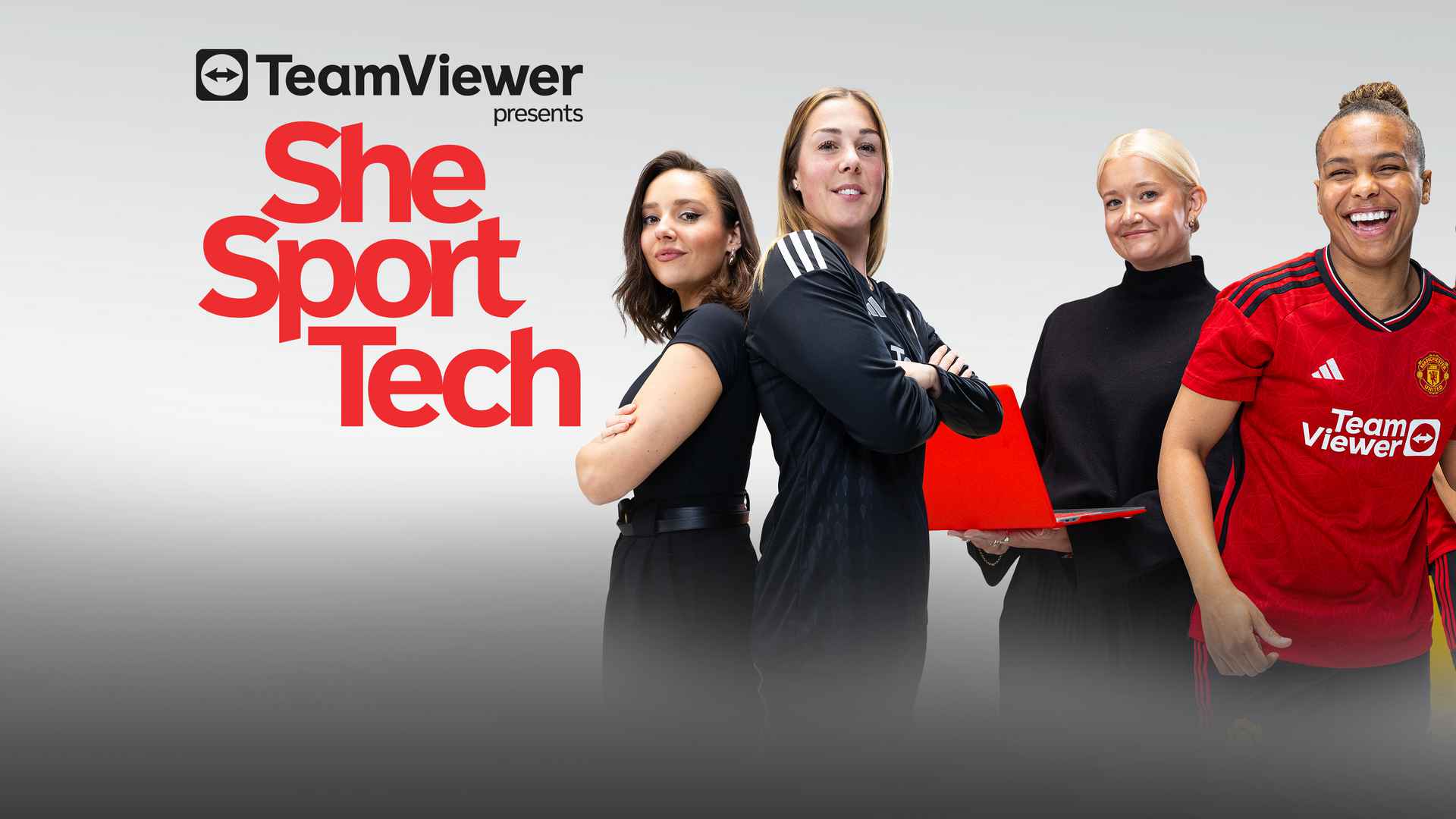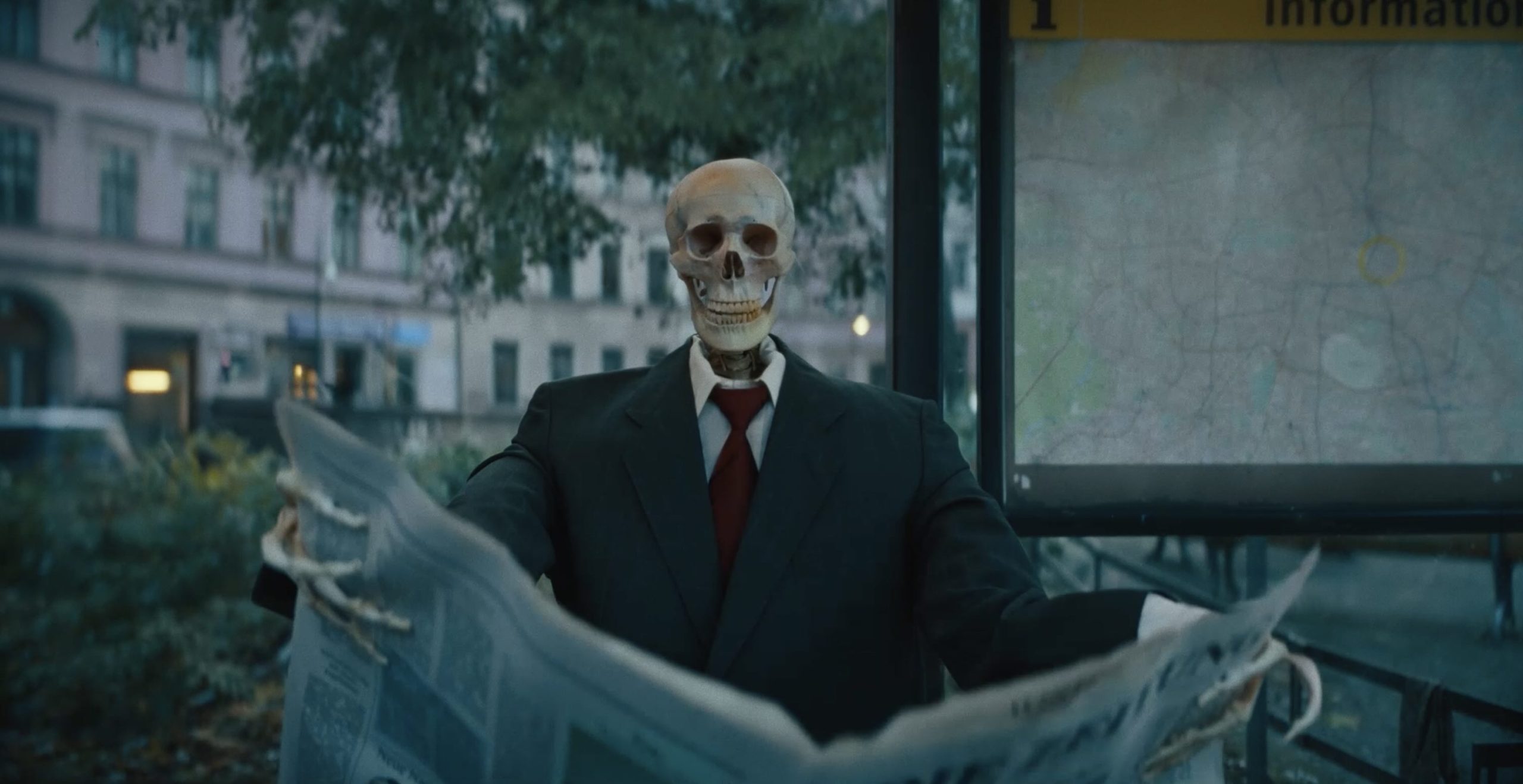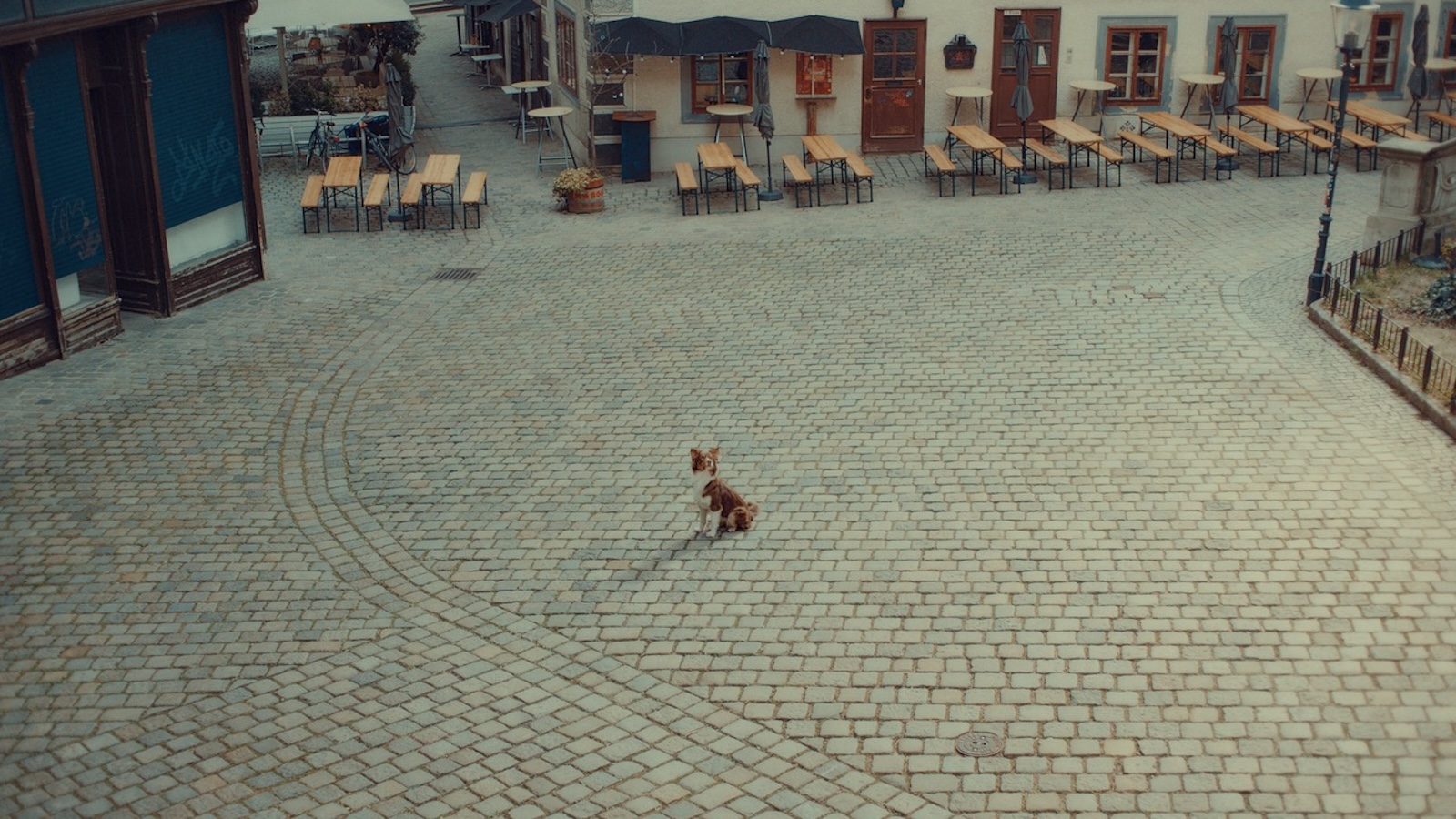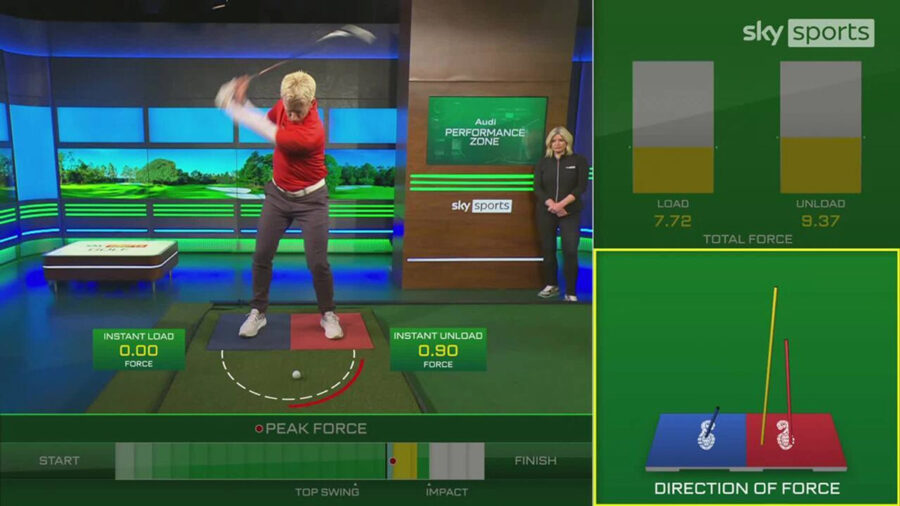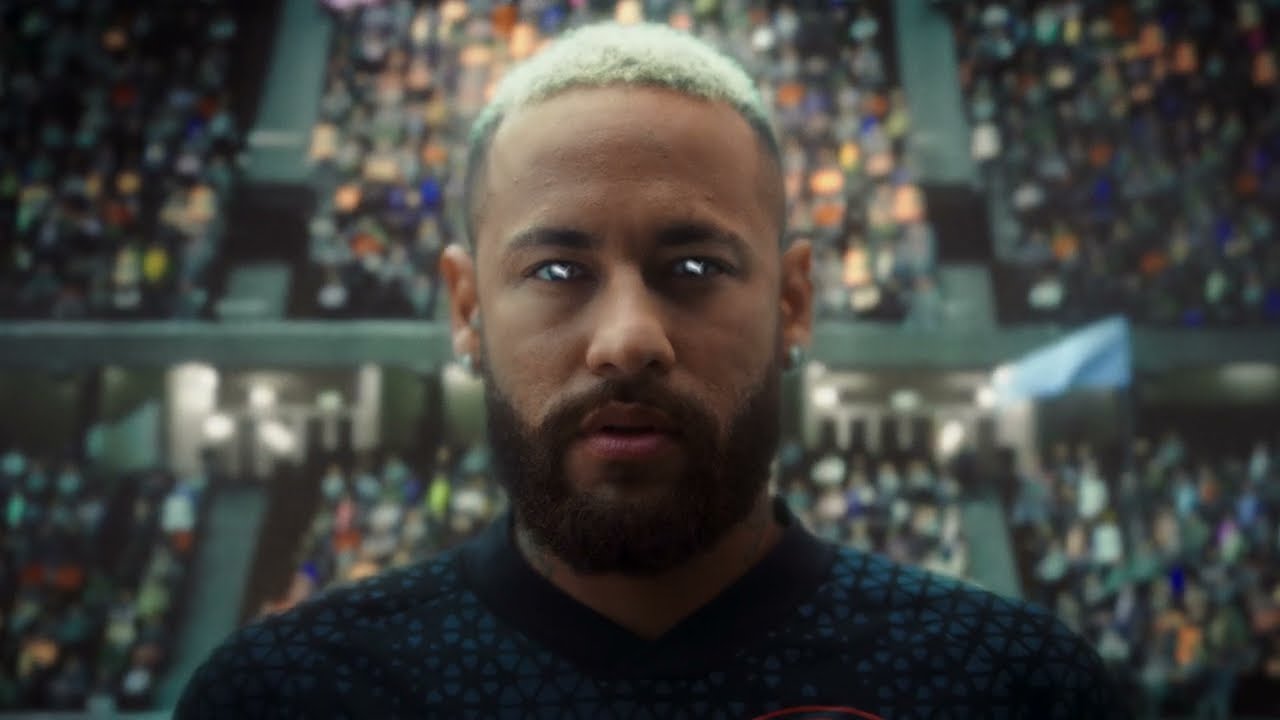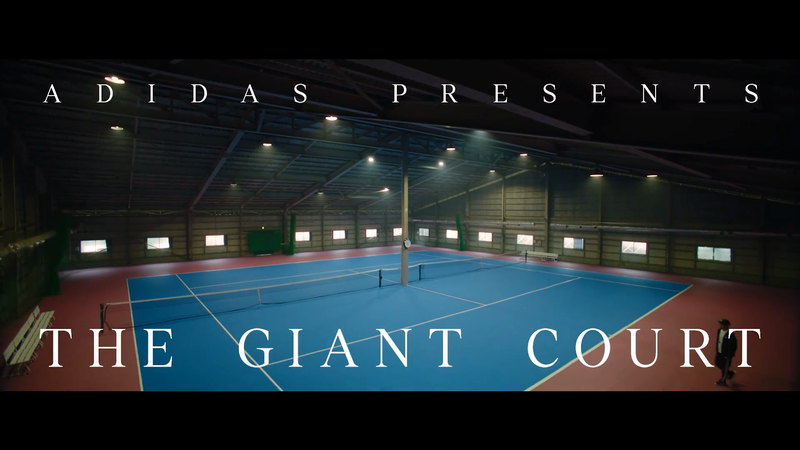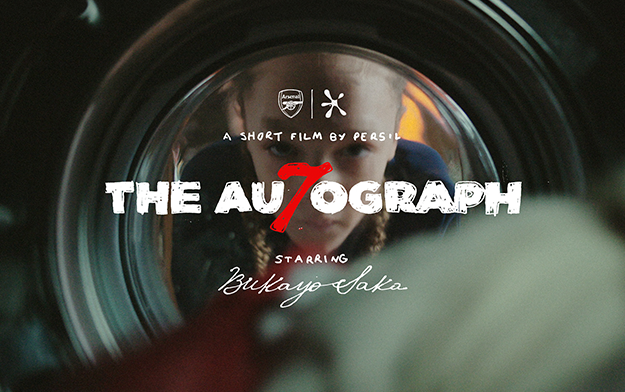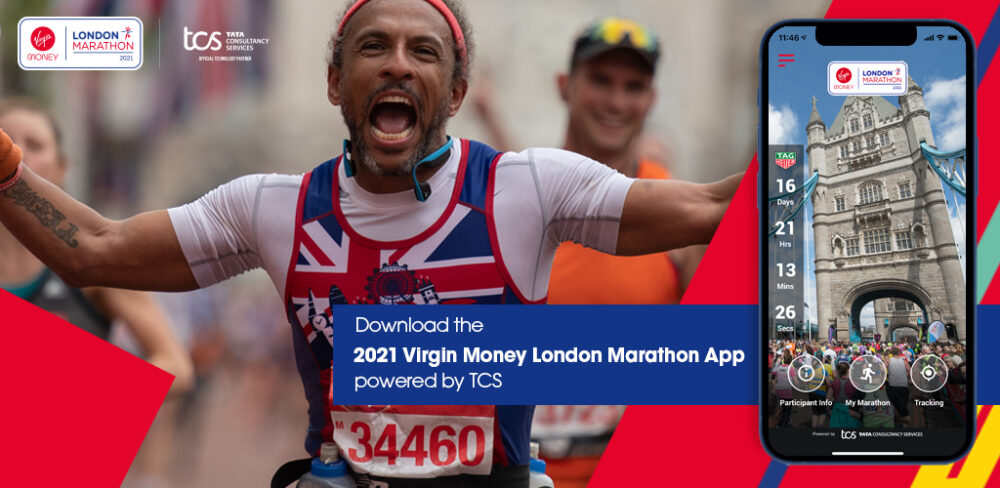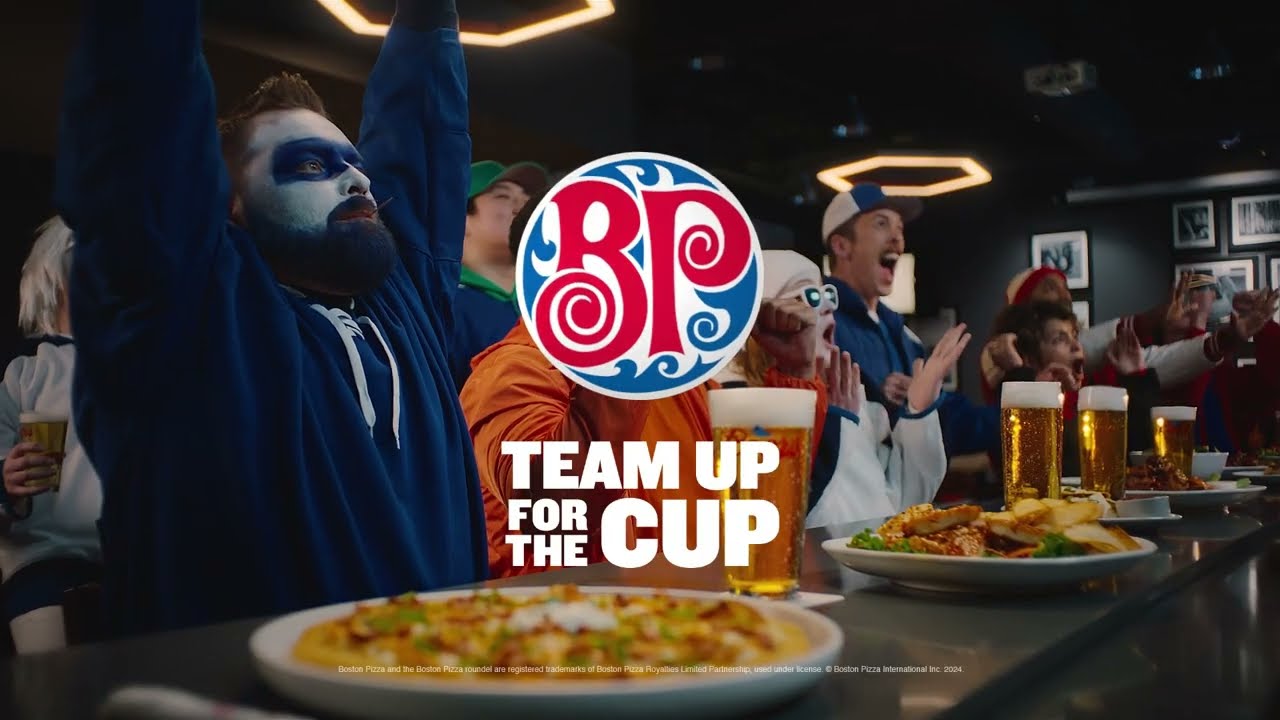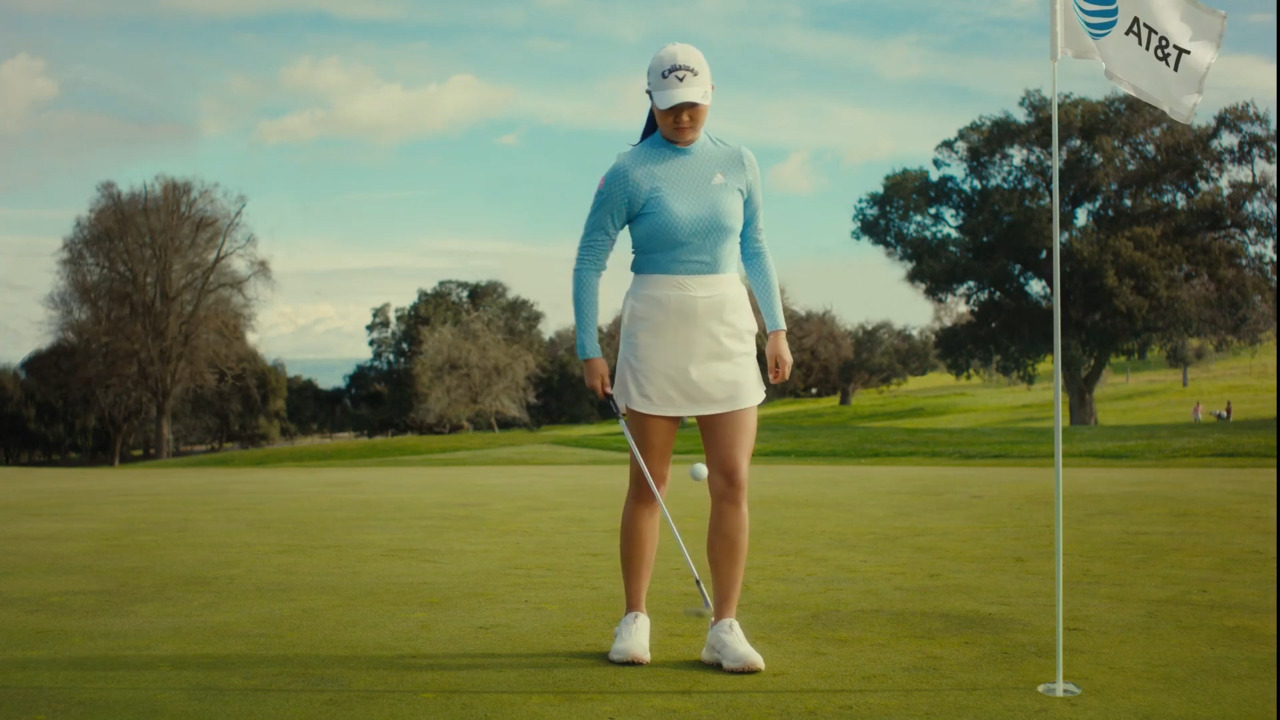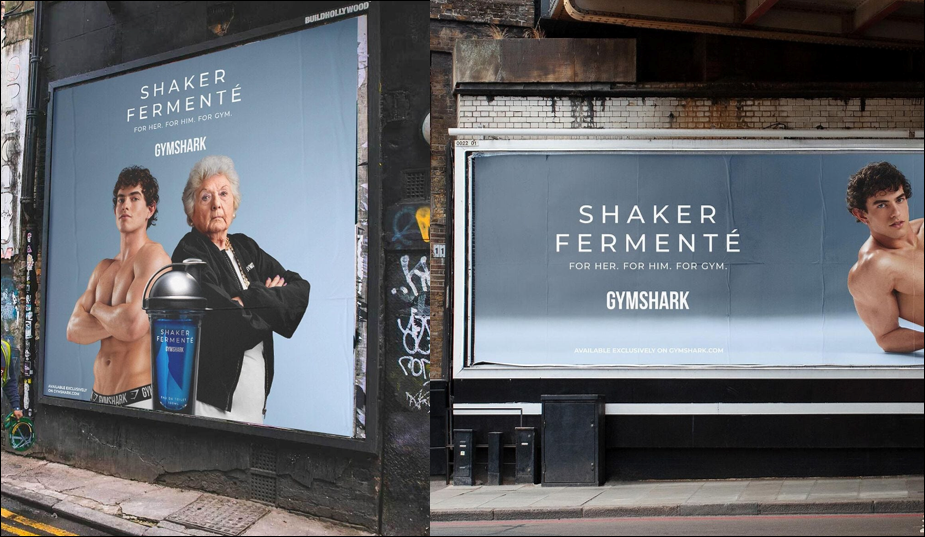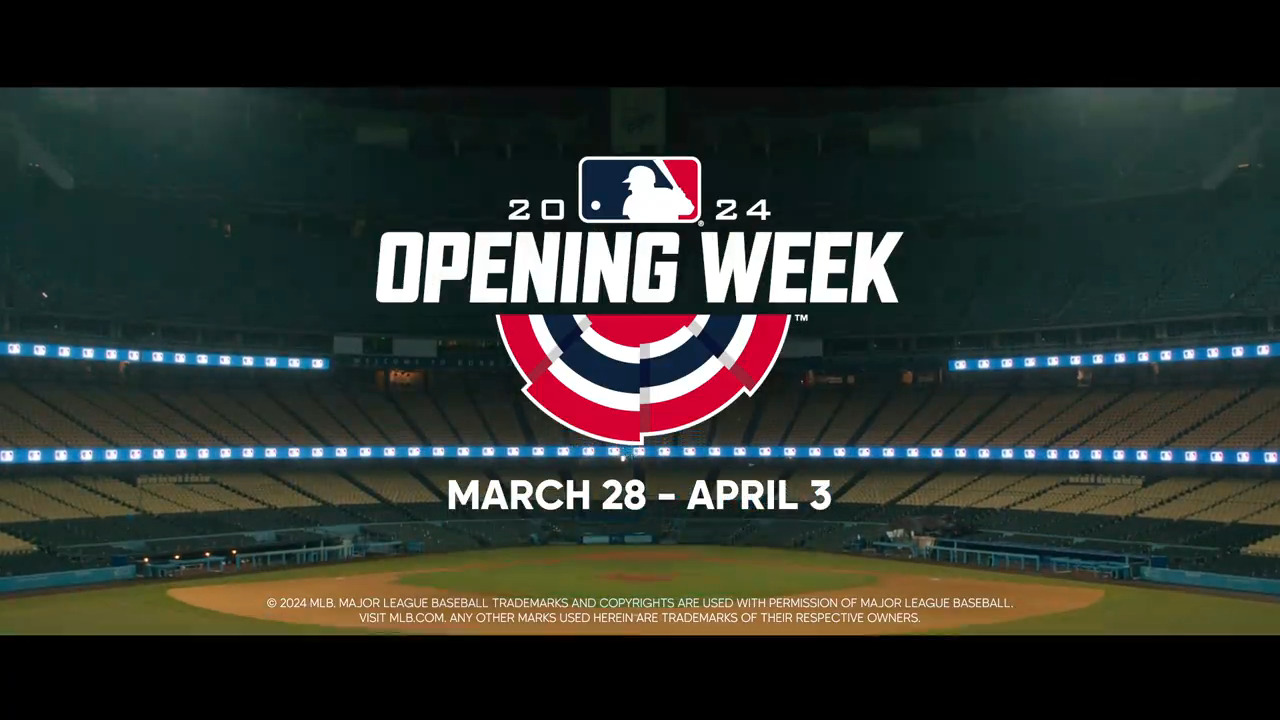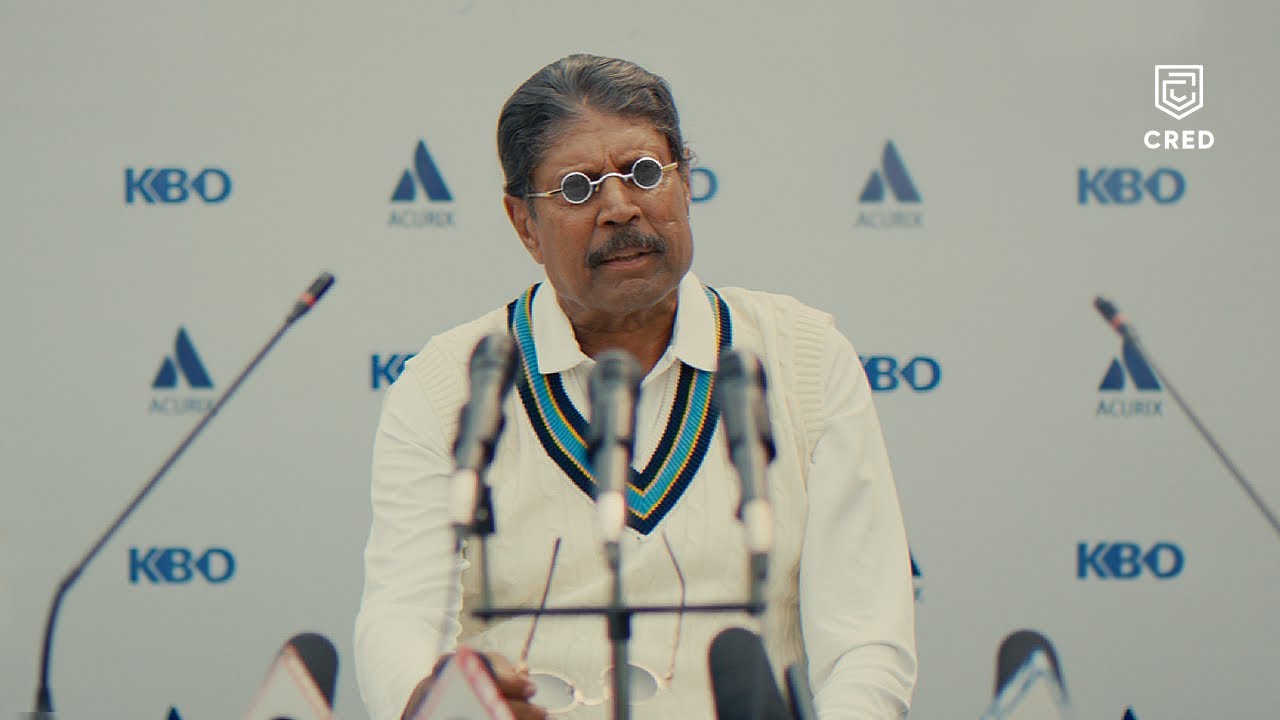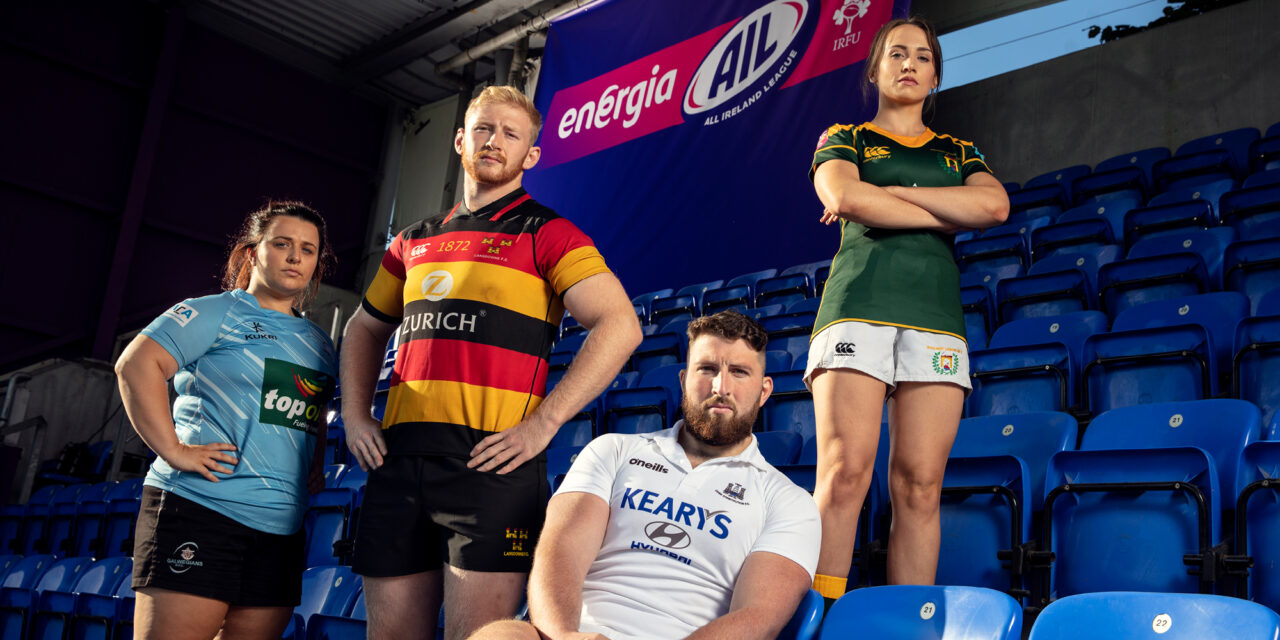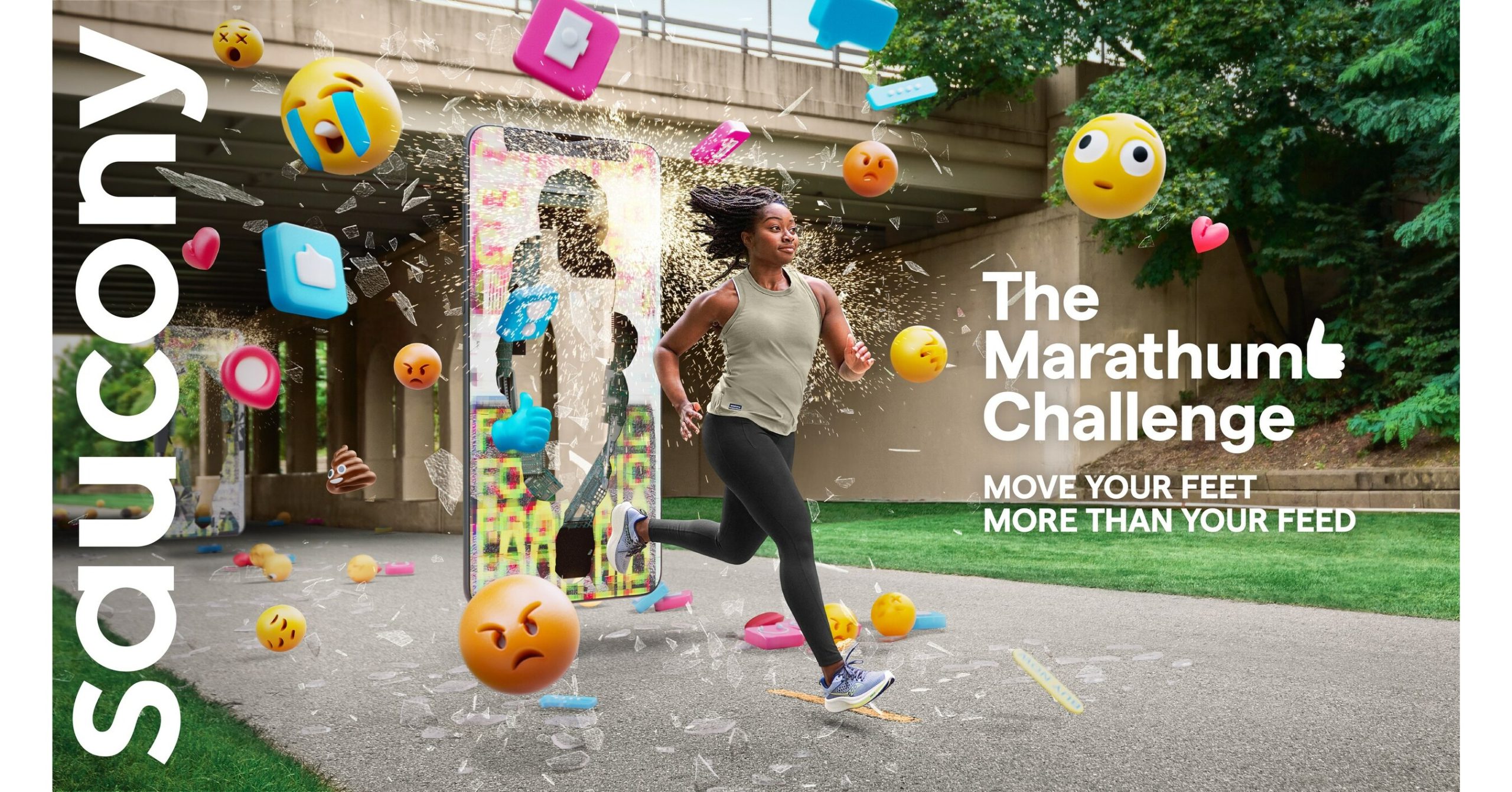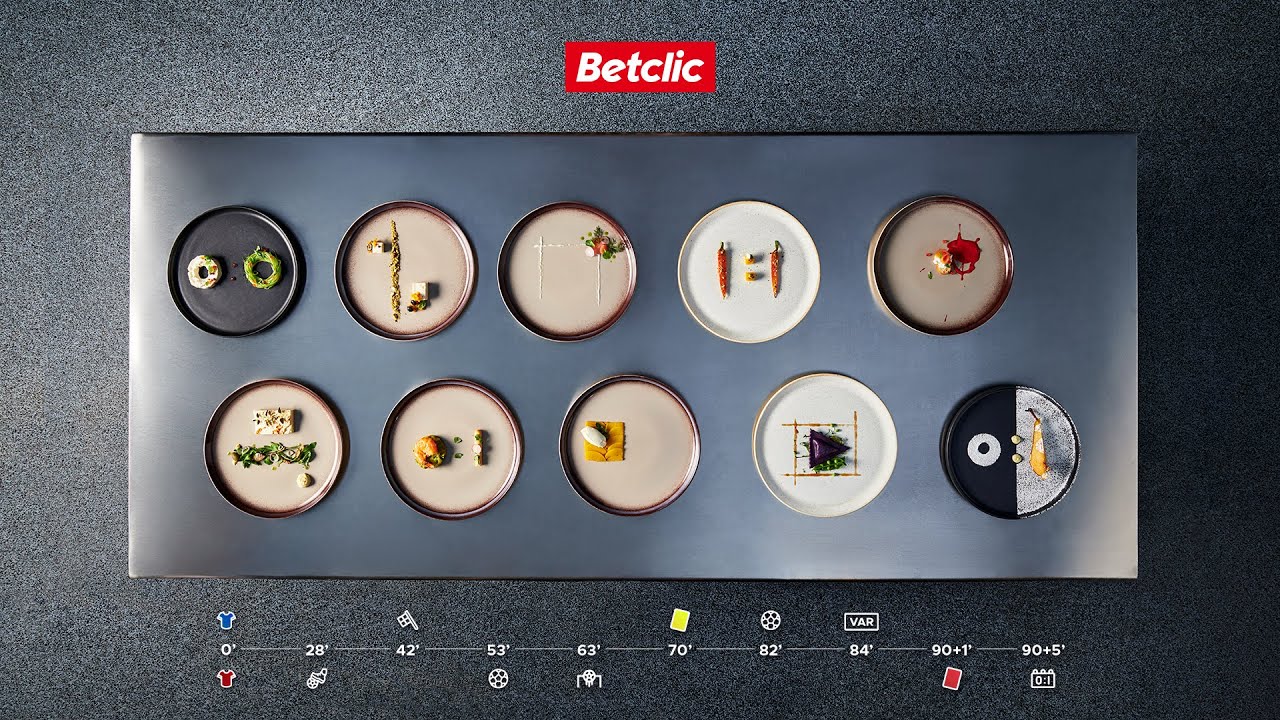The biggest player signing soccer story of the offseason reached a climax this week when Paris Saint-Germain Football Club (PSG) persuaded Brazil captain Neymar Jr to abandon Catalan footballing giant Barcelona and take his bag of tricks and flicks to the French capital and the club’s associated signing campaign was just as high profile and high value as the deal itself.
This staggering $500m deal – which includes a world record £200m transfer fee, as well as a further £300m in wages through the duration of the contract – meant that PSG needed a similarly staggering marketing campaign to try to maximise the benefit of the financial investment from every angle possible.
The resulting multi-strand campaign blended phases based on driving shirt sales, with initiatives aiming to boost social media list building, as well as fan engagement elements and brand building work.
The campaign played out across PR and press platforms, on-the-ground events, traditional media channels and right through the digital and social space.
From the initial, official ‘welcome’ message on the club’s social media sites, to reminders of the last Brazilian football super star’s visit to Paris – this was something of a national celebration rather than just a club announcement as PSG’s campaign spanned pretty much every sports touch point imaginable.
Parabéns @neymarjr e boa sorte em seu novo desafio. Paris é uma cidade linda, uma das minhas favoritas no mundo todo! pic.twitter.com/IyznTcaIzg
— Pelé (@Pele) August 3, 2017
In parallel with the opening PR phase of work that drip fed angled stories to the press in an attempt to push the move through, a pre-deal teaser phase ran on YouTube ,
and Twitter,
— PSG Officiel (@PSG_inside) August 3, 2017
ahead of the official ‘Welcome’ phase.
The work also reached out from the airport
and the stadium and training ground,
@neymarjr pic.twitter.com/jkCyHdUGZB
— PSG Officiel (@PSG_inside) August 7, 2017
to the Eiffel Tower itself,
and even out into the cyber gaming world of EA Sports.
Announce Neymar Jr #BemvindoNeymarJR @PSG_inside pic.twitter.com/4dBbFLYvx0
— EA SPORTS FIFA (@EASPORTSFIFA) August 3, 2017
The official signing/welcome day was live tweeted and streamed in real-time on Facebook Live – covering every aspect of Neymar’s arrival in Paris from onboard his jet and then the plane arriving in Paris through the official unveiling and press conference,
Suivez dès 13h30 demain la conférence de presse de présentation de @neymarjr
#BemvindoNeymarJR pic.twitter.com/oaZTPAwMoO
— PSG Officiel (@PSG_inside) August 3, 2017
and the official in-stadium player presentation.
Présentation de @neymarjr au Parc des Princes avant #PSGASC, à partir de 15h45 ! Les portes du stade ouvriront à 14h30 #BemvindoNeymarJRpic.twitter.com/4hoY5qOmiT
— PSG Officiel (@PSG_inside) August 3, 2017
plus a meet the player fan event
Des frissons à cette vue
Merci à tout le peuple parisien pour ce grand moment#BemvindoNeymarJR pic.twitter.com/h86kxphQfa
— PSG Officiel (@PSG_inside) August 4, 2017
All these stages were supported by a constant flow of social content pieces and videos.
The club used the transfer reveal campaign to build its social following – including offering a signed shirt competition for those who ‘liked’ the PSG Facebook page and/or for those who retweeted.
Bon courage https://t.co/yMClp0e4JL
— PSG Officiel (@PSG_inside) August 3, 2017
Other content pieces aimed to more directly drive jersey sales
Le de @neymarjr en vente exclusivement dès 10h dans nos boutiques officielles des Champs-Elysées et du Megastore ! #BemvindoNeymarJR pic.twitter.com/dxm75Mnj2G
— PSG Officiel (@PSG_inside) August 3, 2017
Rendez-vous dans les boutiques du Paris Saint-Germain #BemvindoNeymarJR pic.twitter.com/EvKVzQWC05
— PSG Officiel (@PSG_inside) August 4, 2017
Naturally, some of the club and the player’s partner brands even got in on the act too: such as a clever tweet from Coca-Cola France linking the player to its own ongoing bottle label customisation campaign,
Bienvenue au @PSG_inside ! #BemvindoNeymarJR pic.twitter.com/8kA96bVZqn
— Coca-Cola France (@cocacolafr) August 3, 2017
and Beats By Dre.
The biggest dreams burn brightest in the city of light.#NeymarJr @PSG_inside #ICICESTPARIS pic.twitter.com/0lGh5vAZdi
— Beats By Dre (@beatsbydre) August 3, 2017
Comment:
It has been a revolutionary off-season in terms of signing marketing campaigns and the PSG/Neymar campaign certainly wins the trophy for the highest profile, glitziest and hardest sell (in terms of shifting shirts, social media list building, and building the brand too).
Yet, however many shirts the signing campaign helps shift, however many season tickets it might sell and however many existing fans are engaged and new fans are attracted, we still don’t think it’ll managed to balance the books on a deal that doubled the world record fee for a player.
Despite PSG CEO Nasser Ghanim Al-Khelaifi expressing confidence that the £500m deal would ultimately prove to be profitable and his claim that it has immediately increased the value of the team to $1.75bn B overnight when he announced the signing, much off the sports business world remains sceptical.
Our view is that this is the very definition of soft power state diplomacy: an in-direct brand marketing campaign for a country (Qatar – which owns PSG and will host the World Cup in 2022) as it seeks to exert its influence around the world and assert its place as a football power and a world power.
Despite the expensive and profile of the multi-platform campaign, the Activative team’s favourite soccer signing marketing initiative was actually a comic, non-signing social stunt style campaign from Southampton FC.
The Saints’ ‘Are We Doing This Right’ managed to both mock and leverage the trend as it formed and the club didn’t even has a signing to announce either.
It’s entertaining, funny’, knowing and engaging.
Genius!
Are we doing this right? #saintsfc pic.twitter.com/TaByabGqci
— Southampton FC (@SouthamptonFC) July 13, 2017
Of course, the record busting multi-million transfer fee has plenty of ramifications for both Paris Saint-Germain and the player: from enhanced sponsorship package opportunities and licensing initaitives, through shirt sales, media alliances and other merchandising offerings, to shifting season tickets, image rights issues (and even UEFA’s financial fairplay regulations).
The deal shows PSG’s intent to succeed in establishing itse;lf as a global football powerhouse and the accompanying multi-strand signing campaign suggests the club is trying to cover off every revenue stream and business-building opportunity it can think of to initially offset the investment and (then possibly) subsequently monetise it positively.
But that will be a major challenge: especially within the confines of the relatively small French domestic league (in terms of fanbase and revenue base).
Across all sports, retail sales of licensed sports merchandising was valued at around £183bn worldwide last year and while football is the planet’s most popular sport and Neymar one of its biggest names – PSG will have to scoop a significant chunk of the total to recover its costs.
The deal will, of course, help boost the PSG brand internationally and may lead to a fair few football fans in other countries to switch allegiance from one club to another.
But fickle overseas (non-European / non Latin American) fan allegiances are beginning to fade as foreign supporters firm up their links to their chosen clubs.
A short-term spike in merchandise sales and a punchy boost to the club’s profile will be a boon for generated commercial revenue, but perhaps the clearer effect will be a boost to PSG’s international kudos and its ability to attract other super star names keen to play alongside Neymar (thus being more competitive with the very biggest players like Bayern Munich, Manchester United, Real Madrid, and, of course, Barcelona).
The deal may also benefit Neymar’s personal endorsement deals too (which experts estimate to contribute around 60% of his income).
The likes of Gillette (see case study), Beats (see case study) and Nike (see case study) are just a few examples of consumer brands who have already committed plenty of investment in marketing around Neymar and aged just 25 he has the potential to grow bigger (something rivals Ronaldo and Messie will struggle to do as they enter the twightlight of their playing careers).
But make no mistake, this is also about Qatari geopolitical soft power.
Plus the deal will, of course, boost the thing that most PSG fans actually care most about: improving the team’s play on the pitch.
Links:
PSG
https://www.youtube.com/user/PSGofficiel
https://twitter.com/PSG_inside
https://www.instagram.com/psgofficiel/

